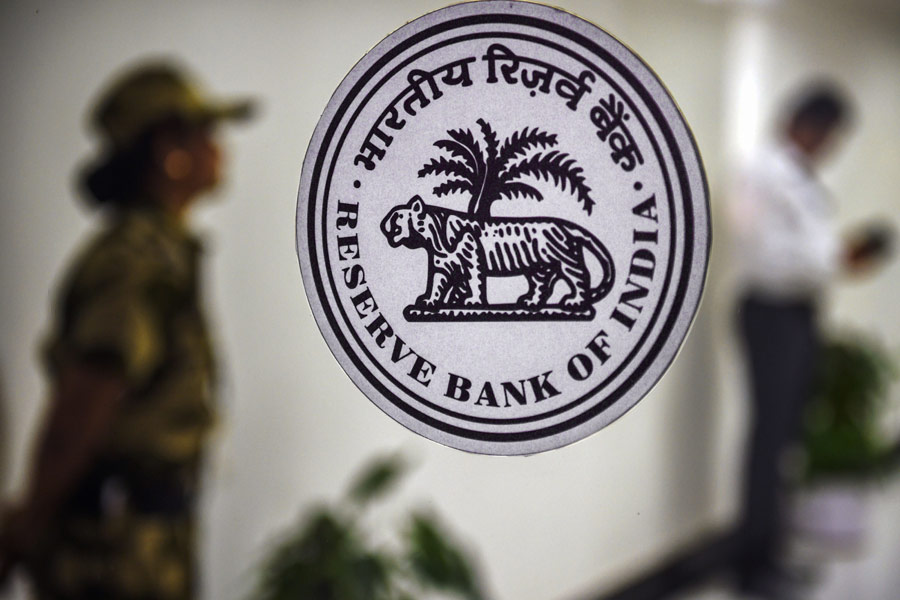The Reserve Bank of India (RBI) has allowed forward contracts in government securities, in a relief to insurers holding bonds in their portfolio. Analysts said the move will enable insurers to hedge their interest rate risks more effectively.
A forward contract is an agreement between two parties to buy or sell an asset at a predetermined price on a particular date in the future. It, therefore, allows the participant a protection against any adverse interest rate movements.
“Over the past few years, we have expanded the suite of interest rate derivative products available to market participants to manage their interest rate risks. We shall now include forward contracts in Government securities to this suite,” Malhotra said.
This will facilitate long-term investors such as insurance funds to manage their rate risks across interest rate cycles.
“It will also enable efficient pricing of derivatives that use government securities as underlying instruments,’’ RBI governor Sanjay Malhotra said on Friday.
He said the RBI has received feedbacks on the need to allow such contracts in government securities to enable further market development.
Sources said insurance companies which offer guaranteed returns to policy holders, invest them in government securities.
Any adverse movement could affect such returns — and the forward contract will be useful in such situations.
Insurers have been entering into forward rate agreements (FRA), an over-the-counter (OTC) contract, which enabled them to lock interest rates or set a fixed interest rate at a future date.
A forward contract will give the insurers another tool to manage interest rate risk.
“Given the increased focus on annuity and guaranteed return products of life insurance companies, the FRA volumes in government securities have increased manifold in last few years. However, this has largely been an OTC market,” Neha Parikh — vice-president – sector head – financial sector ratings — Icra said..










